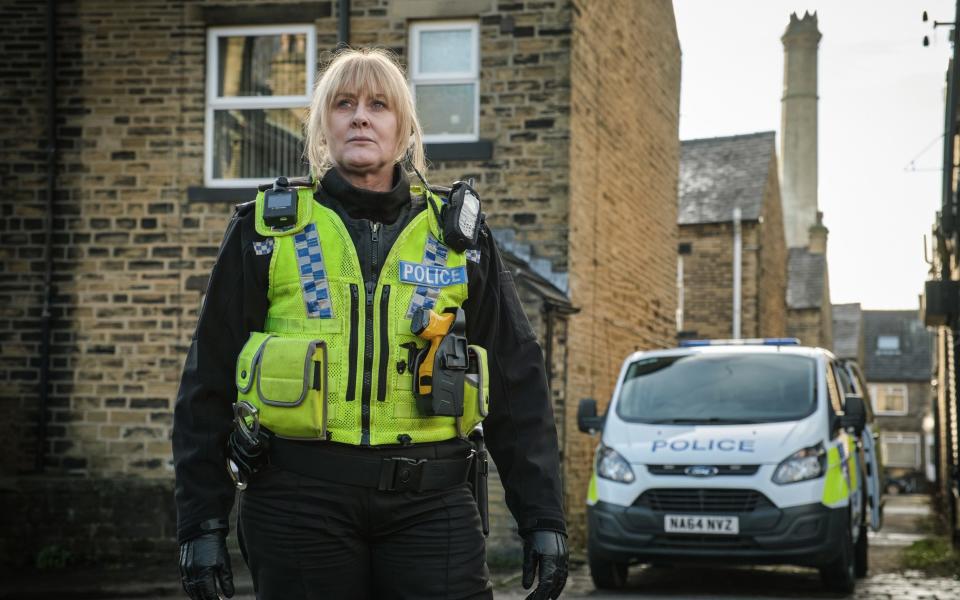‘Cuckooing’ in vulnerable people’s homes could become criminal offence

“Cuckooing” could become a new criminal offence in plans under discussion by the Home Office.
A total of 48 MPs have backed a proposal that would make the act of occupying or exercising control over another person’s home in connection with criminal activity illegal for the first time.
The practice, known as “cuckooing”, is most commonly perpetrated by county lines gangs who often occupy a vulnerable person’s home to store or distribute drugs.
Problem highlighted in popular TV dramas
The problem has been highlighted in such popular television dramas as Line of Duty and Happy Valley - but is in itself not a criminal offence.
Sir Iain Duncan Smith has put forward an amendment to the Criminal Justice Bill that would make “cuckooing” punishable by up to seven years in prison.
The former Conservative leader has had a meeting with Home Office officials to discuss the proposals, which have the backing of 40 Tory MPs including Suella Braverman, the ex-home secretary.
Police visited more than 1,200 “cuckooed” addresses within one week last month, as part of a national “country lines intensification week”.

There are tools, both civil and criminal, available to police and local authorities to disrupt “cuckooing”, and perpetrators can be prosecuted for the crime that they commit within a property, such as drugs offences.
But backers of the amendment, including Sir Robert Buckland, the former justice secretary, believe that using a vulnerable person’s property as a base for such activities itself needs to become a recognised crime.
‘People with vulnerabilities being exploited’
“I think that ‘cuckooing’ is another example of how we can reflect the sad reality that there are still many, many people out there who have vulnerabilities who are being exploited by criminal gangs or more sophisticated operators, who use these people as a human shield in order to conceal their criminal activities.
“Therefore, I think anything we can do to strip away that last shield has got to be a good thing in terms of really meeting the criminality where it lies.”
He warned that currently victims of “cuckooing”, which can include people with mental health issues, the elderly or those with learning disabilities, currently risk facing criminal sanctions themselves for criminal activity going on in their home.
He added: “I think it is important that we seek to use the full force of the criminal law to tackle this type of exploitation.”
The proposed new law would mean that a person will have committed an offence if they occupy or exercise control over the home of another person in connection with carrying out a criminal offence.
‘Police need more powers’
Means of exercising such control range from the threat of use of force or other coercive behaviour, fraud, or the giving of payments or other benefits to achieve consent of the victim.
Louise Gleich, of the Joint Modern Slavery Unit at the Centre for Social Justice and Justice and Care, said: “The police need more powers to go after the criminals who cause such devastation in the lives of vulnerable people.
“Simply prosecuting offenders for other crimes takes no account of the harm done to the victims. Civil orders are inadequate to properly disrupt this behaviour and stop offenders just moving on to other victims.
“A specific criminal offence is needed and we urge the Government to use the Criminal Justice Bill to update the law.”
The Home Office said: “Cuckooing is unacceptable, and the police already have a range of powers to step in and protect vulnerable people if they are being exploited in this way, including possible jail time for the perpetrator.
“We will consider the amendment and engage with parliamentary colleagues in the usual way.”

 Yahoo News
Yahoo News 
